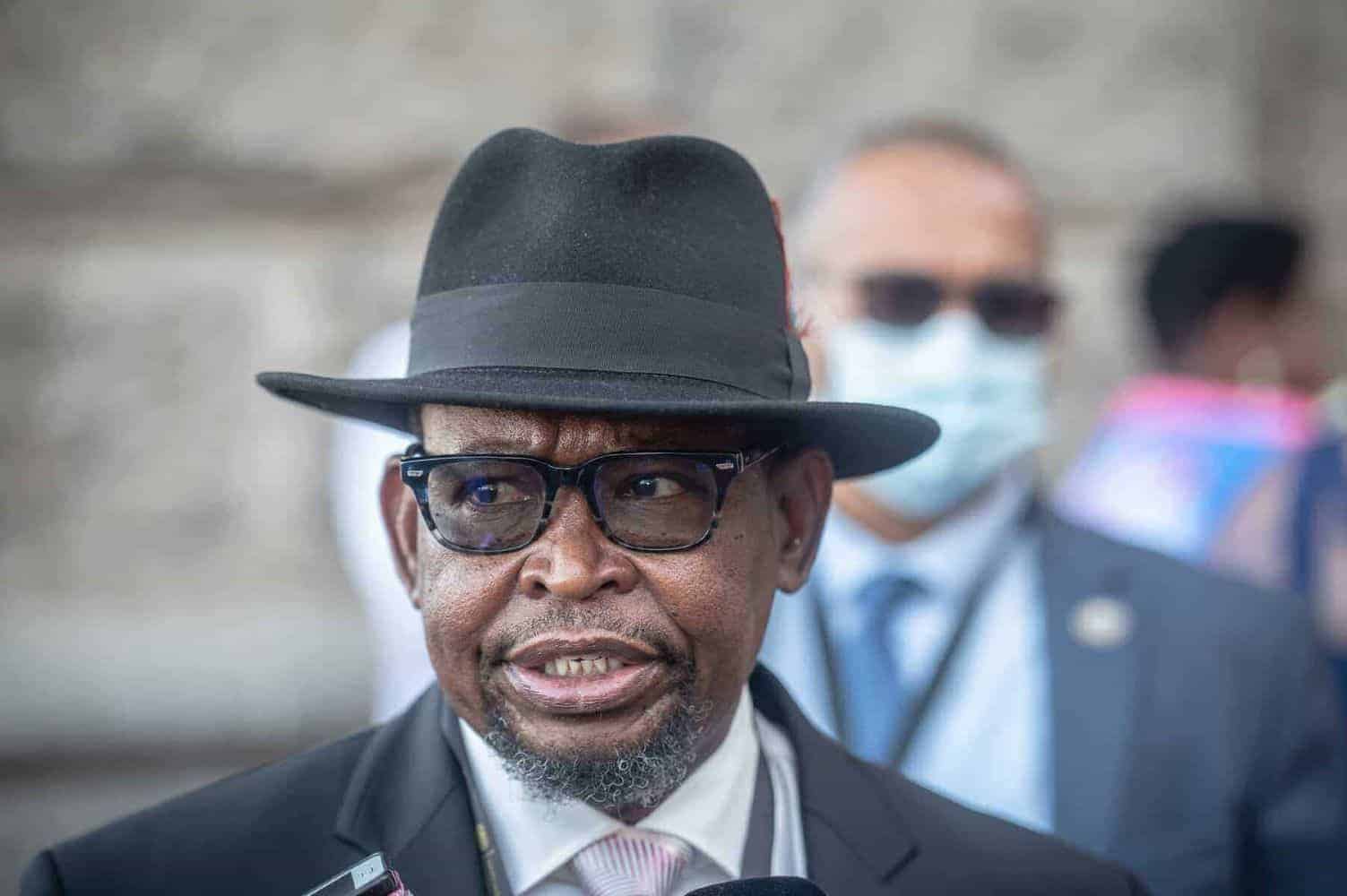The citrus sector lost more than R5bn in 2024 due to rail and port inefficiencies, though the figure is much higher when other economic sectors are considered.
A ‘spurious’ legal challenge by losing bidder Maersk for control of the Durban container port is holding up much-needed improvements at SA’s busiest port, says winning bidder International Container Terminal Services Inc (ICTSI).
ICTSI won the bid to operate the Durban Container Terminal 2 in 2023 after presenting its bid to inject R11 billion in capital for 49% in the port. However, the revamp of the port has been delayed following a legal challenge by Maersk.
“In 2023, ICTSI won the bid to operate the Durban Container Terminal 2 after a fair, rigorous and transparent process,” says ICTSI’s regional manager for Europe, the Middle East and Africa, Hans-Ole Madsen.
ALSO READ: No resolution to container handling crisis at Durban port
“This was a significant step forward for South Africa’s road to implement public-private partnerships. However, the spurious legal challenge by losing bidder Maersk only serves to stall much-needed progress, delaying critical improvements that South Africa’s economy urgently needs.”
Madsen points to a recent study by the Bureau for Food and Agriculture Policy (BFAP) showing the cost of rail and port inefficiencies to the citrus industry alone amounted to R5.2 billion for the 2024 season. The cost is much higher when other sectors are considered.
A 2023 study by the GAIN Group put the loss at close to R1 billion a day, though this was expected to improve somewhat in 2024 due to recoveries in volumes on corridors operated by Transnet Freight Rail.
ALSO READ: Court decision delays revamp of Durban container port
Durban and Cape Town are rated among the worst ports in the world according to the World Bank and are in critical need of investment and operational expertise. This is a key bottleneck to growth in SA, reckoned by the Gain Group to have lopped nearly 5% off GDP in 2023.
Durban’s Container Terminal 2 handles most of SA’s imports and exports. The terminal needs investment into processes, training, and equipment, says Madsen. “The level of immediate investment needed can only be accomplished through a private-public partnership, which will bring much-needed experience, expertise, efficiencies, and transparency. A partnership with an independent private operator will benefit the entire supply chain and boost South Africa’s global trade competitiveness.”
Under pressure from the government to remove a key bottleneck to growth, state-owned rail and port operator Transnet has embarked on a process of reform that allows private operators access to the rail and port infrastructure.
ALSO READ: Transnet’s privatisation of Durban container port needs a do-over
Madsen says Maersk is a shipping line that also operates container terminals and “has since been offering equipment and expertise at the very terminal at the core of the forthcoming court case. If a shipping line such as Maersk is able to embed itself at the country’s container terminals, it will not be for the benefit of all users and other shipping lines docking at South Africa’s ports, but instead will make it possible for Maersk to look after its narrow commercial interests.
“By contrast, ICTSI believes an independent operator of the port that will not favour one shipping line over another is in the best interest of the port and everyone in the South African supply chain.
“When the agreement between ICTSI and Transnet goes ahead, Transnet will receive a R11 billion cash injection, as well as the expertise and experience of an international container terminal operator with an extensive footprint in highly efficient ports across the world.”
ICTSI operates 32 container terminals in 19 countries across the globe.
This article was republished from Moneyweb. Read the original here.














